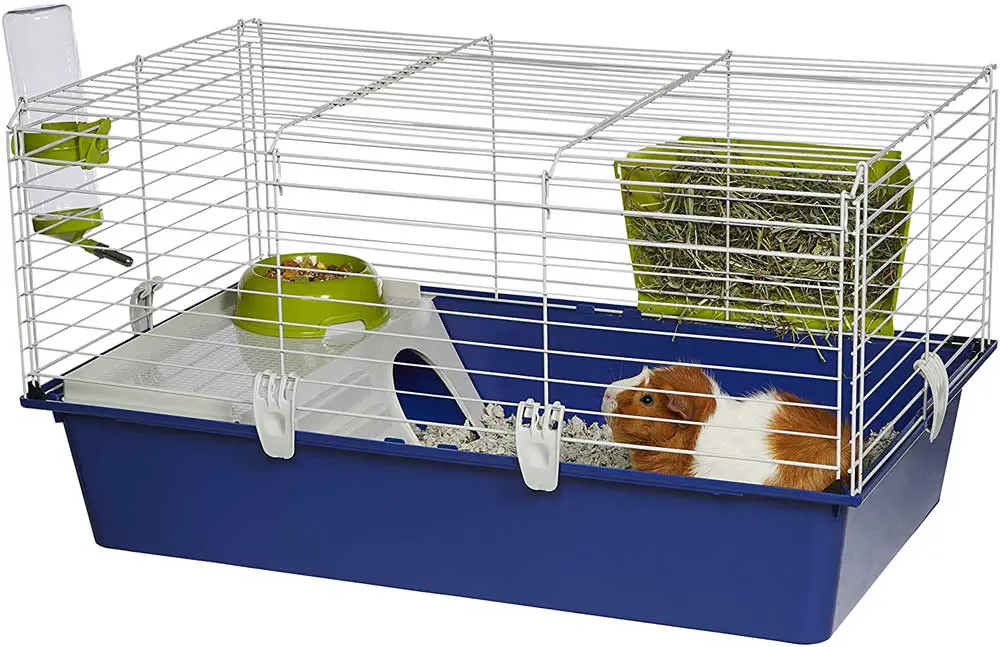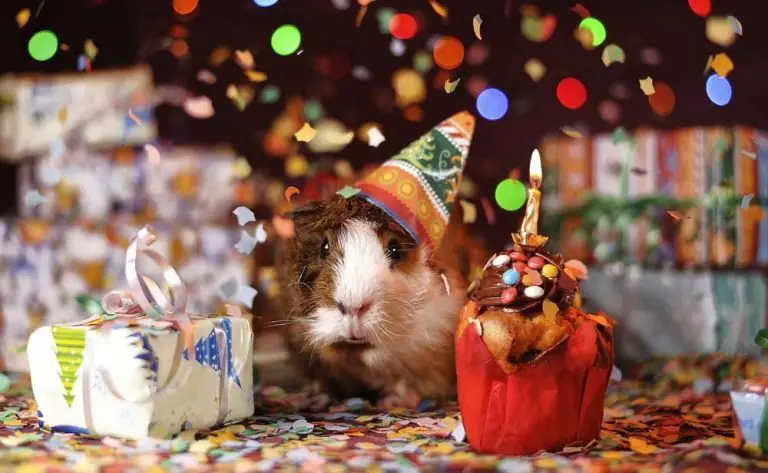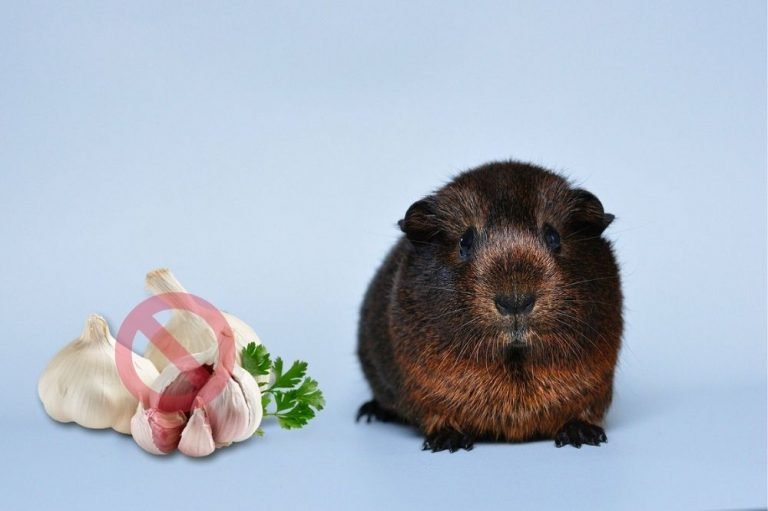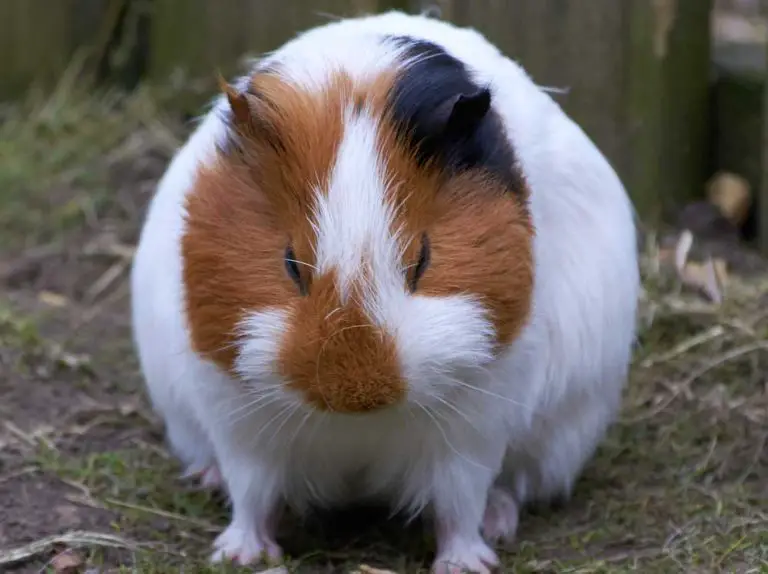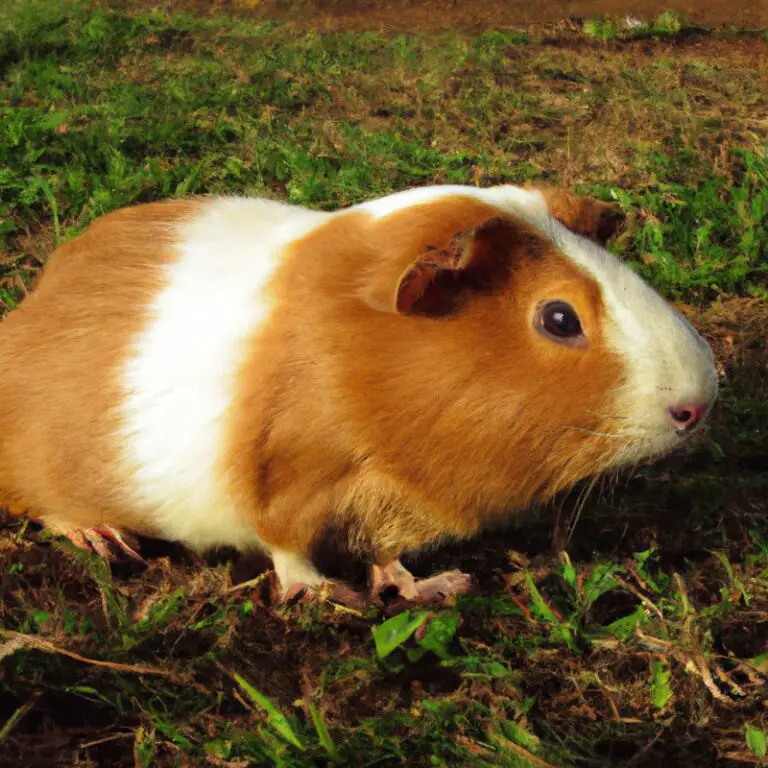How Often Should You Clean A Guinea Pig’s Cage [Quick & Easy!]
Guinea pigs are clean animals who like grooming themselves every now and then.
Their environments though can get quite messy due to their poop, urine, and playing habits.
This can lead to them getting quite untidy with poop sticking on their fur. Their cages may tend to smell too.
This smell makes people think that guinea pigs are stinky animals when in fact they are not. It’s their refuse that stinks.
Whether you just acquired a new guinea pet or have one but you are wondering how to get rid of all the smell and keep things neat, you have come to the right place. We’ll be discussing all the factors in play here.
How often should you clean a guinea pig’s cage
You should clean a guinea pig’s cage once per week and spot clean it every day. Always remember that the cage should never smell.
Some guinea pig owners clean multiple times a day, others do it several times a week, while others clean weekly. The best way to clean your guinea pig’s cage will depend on some factors.
The number of guinea pigs you keep, their peeing/pooping habits, their age, and if there have been changes in their diet. e.g. new foods they can’t tolerate could cause severe diarrhea.
Where should the guinea pig be while cleaning
Whether you are spot cleaning or cleaning the full cage, you want to make sure that your guinea pig is okay. You could clean with your pet inside the cage if you are doing some light poop-scooping or sweeping.
This can be a good bonding time with your pet as they may be curious with what you are doing. If they seem scared of the broom, let them smell it so that they know that it’s not a danger.
When cleaning the full cage, the following are options to consider;
- Floortimes – get your guinea pig to have floor time as you clean. They’ll love the freedom.
- Other part of the cage – if the cage is big, you can put your pet on one side as you clean another.
- Put them somewhere they can’t escape.
- Give them to a family member for lap time so that they can bond.
What to use for cleaning
While cleaning a guinea pig’s cage, you won’t need a list of disinfectants and detergents. These animals are easy to maintain.
You will need a broom, a scoop or dust pan, rugs/wash clothes/small towels, a spray bottle, water and vinegar. Some people like using hand-held vacuums too.
Vinegar is acidic in nature so it easily neutralizes urine which is a base. It cleans up all traces of urine and urine buildup making it an indispensable cleaning agent.
To clean, you add equal amounts of vinegar and water together in the spray bottle. The vinegar acts as a disinfectant, antibacterial and antifungal cleaner.
For tough stains, pure vinegar should be sprayed on those places or whatever is stained can be soaked in it for easier cleaning. It is not only a cheap solution but safe for animals as it’s edible.
You could also buy a cage cleaner that doesn’t have strong scents that could affect your pet.
Daily cleaning tips
When cleaning daily, you can remove their poop as multiple times as you have the time for. Generally, guinea pigs poop a lot because they do feed a lot too.
Expect around 100 droppings. You can clean using your hand or a small hand-held vacuum.
- First remove soiled bedding.
- Scoop poop from fleece.
- Take out any excess foods and waste.
- Replace bedding.
- Add more hay and fresh water.
That’s all. Cleaning daily is really effective in keeping their environment as neat as they’d like.
Deep cleaning
Deep cleaning requires intense cleaning of the full cage and all its accessories.
- Dispose off bedding.
- Remove fleece.
- Sweep any poop left out.
- Spray cage with vinegar mixture.
- Scrub with a rug. Concentrate on the sides which are dirtier and the floor.
- Rinse with plain water to get rid of any smells left behind.
- Dry cage or let it air dry.
- Add in new bedding. You could put newspapers under the bedding if you prefer.
- Put in fresh hay.
- And don’t forget your pet that’s out there somewhere.
Washing of fleece can be done by hand or machine. First brush off any poop, fur and hay particles.
You can then wash it using detergent and vinegar for odors and as a disinfectant.
Deep clean all eating bowls and water bottles in and out. Remove any food build-up that they may have.
Results of a dirty cage environment
A dirty cage will bring about negative effects. Your pet will be uneasy, unsettled and unhappy.
Poop may stick on it’s fur too making it uncomfortable. Other effects of a dirty cage are:
- Stinky smells.
- Rats.
- Respiratory diseases.
- Bumblefoot that’s hard to treat.
- Bugs and molds.
- Bacteria and fungal infections like ringworms.
- Pet can die from resulting diseases.
Cage requirements
Always ensure that the cage is big enough for all the guinea pigs you have. A big cage ensures that poop is distributed evenly in the cage and not populated in one spot.
Sometimes there can be damp spots in the cage. Always check out the cage to see if everything is good.
Damp spots could be brought about by leaking water bottles. It could also be due to excessive water intake and peeing by the guinea pet. Check with your vet for anything unusual.
Put in thick bedding that will prevent leakage and damp spots. You can use newspapers under the bedding..
Conclusion
Like a kid who spends the whole day in diapers, having all that pee or poop lying there all day will affect your guinea pig. Your pet is your responsibility so you should take care of it and ensure that it’s in good living conditions always.
Although it can groom itself, you can give it regular baths like in the instances where it gets poop stuck in it’s fur. Try to ensure that everything is neat at all times for the safety and good health of your pet.

